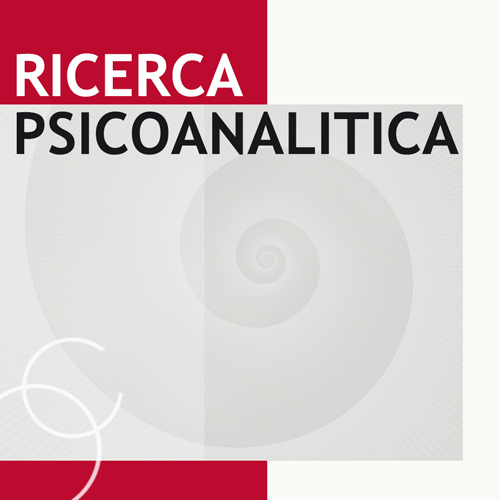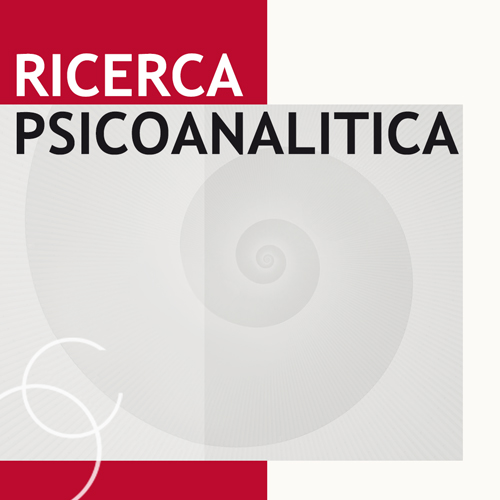Taking care of suffering within a family

All claims expressed in this article are solely those of the authors and do not necessarily represent those of their affiliated organizations, or those of the publisher, the editors and the reviewers. Any product that may be evaluated in this article or claim that may be made by its manufacturer is not guaranteed or endorsed by the publisher.
Authors
In our study, we have set ourselves the arduous task of combining the complexity of family relationships with the oneness of the individual, recognizing that human sufferingis inextricably intertwined with the environment in which one develops. We founded the 'Family and Group Study Center-The Pruno', with the aim of exploring and understanding the multiplemanifestations of human distress and suffering in all their contexts and forms. Ourapproach does not seek to simplify or categorize phenomena, but rather to embrace their complexity and uniqueness. Each request for help is met with attention and curiosity, without taking for granted the path that will follow. Our clinical model is based on a nonreductionist view of the subject, which goes beyond symptomatology and pathological diagnosis. Moreover,we believe that human beings continuously develop in a 'continuous present,' organizing themselves according to their constituent elements and constantly interacting with their environment. This process occurs implicitly through self-regulatory relationships that define his or her singularity. In our Western society, the family plays a primary role in the formation and actualization of the self. Therefore, the solutions adopted by the subject also reflect the influence of parents, culture and family environment. To illustrate our clinical approach, we consider a typical situation, in which we endeavor to embrace the suffering subject in his or her uniqueness and complexity, exploring family and individual dynamics to find appropriate and individualized modes of intervention.
How to Cite

This work is licensed under a Creative Commons Attribution-NonCommercial 4.0 International License.
PAGEPress has chosen to apply the Creative Commons Attribution NonCommercial 4.0 International License (CC BY-NC 4.0) to all manuscripts to be published.










